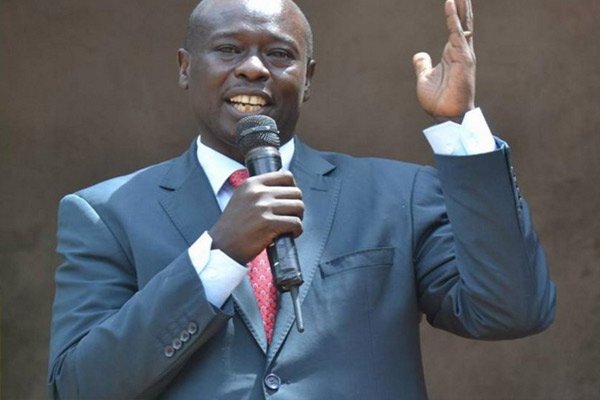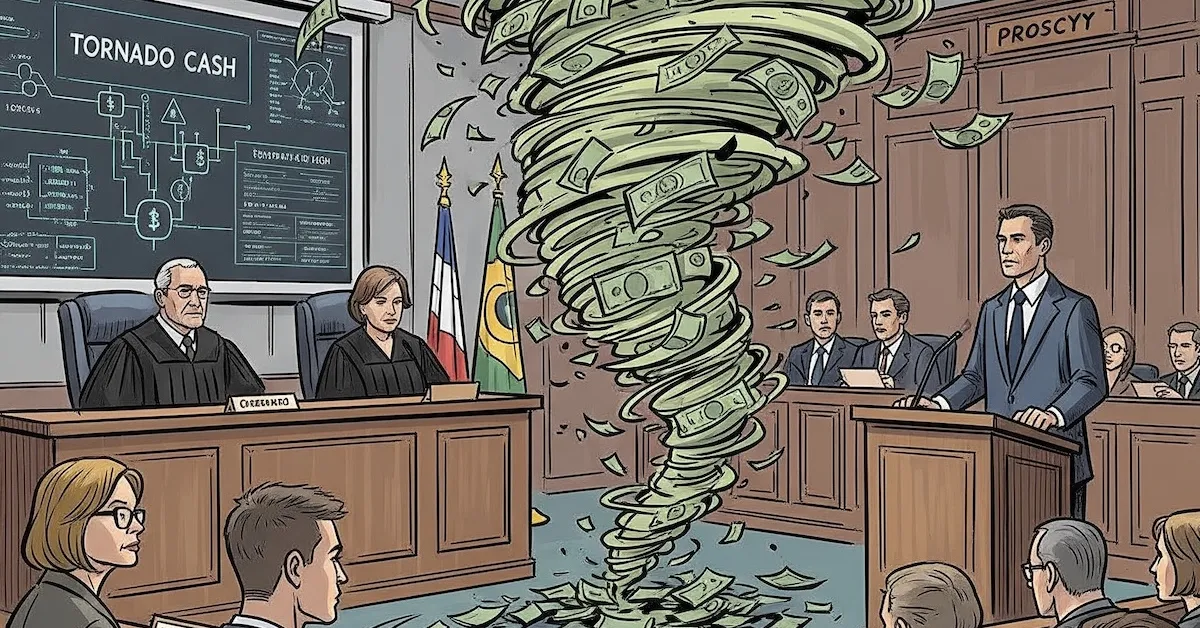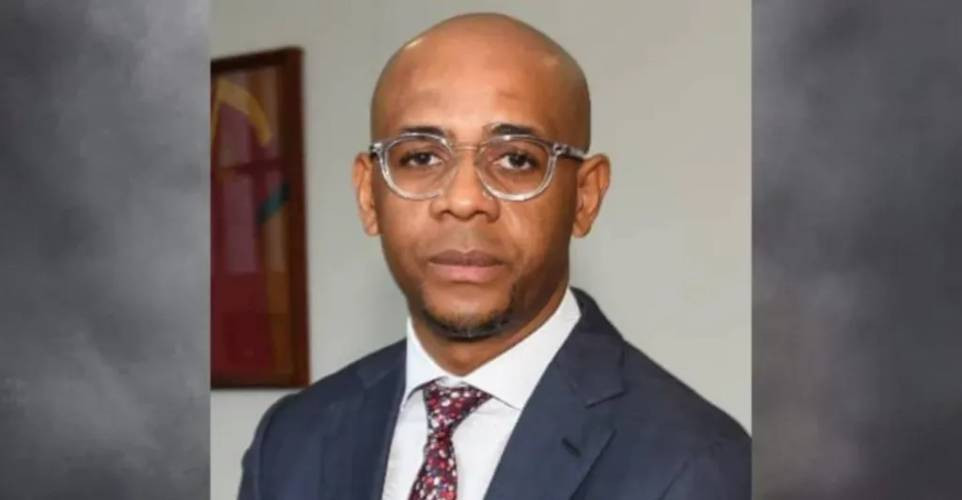Ministerial Meltdown: Murkomen Under Fire in BBC Documentary Controversy!

A significant controversy has erupted in Kenya following the airing of a British Broadcasting Corporation (BBC) Africa Eye documentary titled 'Madams: Exposing Kenya’s Child Sex Trade.' The documentary, which premiered on August 4, 2025, investigates an alleged child sex trafficking network operating in Mai Mahiu, Nakuru County. It presented disturbing accounts of minors, some reportedly as young as 12 or 13, being coerced into prostitution by women referred to as 'madams,' with undercover journalists infiltrating the network to expose its operations.
However, Interior Cabinet Secretary Kipchumba Murkomen has fiercely contested the documentary's authenticity, labeling it a 'hoax' and a 'fabricated' portrayal. Speaking during a public address and later addressing the National Assembly on August 13, 2025, Murkomen accused the BBC of staging scenes and paying individuals to act, thereby misrepresenting the reality on the ground and tarnishing Kenya’s international image. He specifically claimed that the individuals featured were not minors but adults who had falsified their ages. Murkomen stated that investigations revealed four women—Nemma, Selina, Mary Nyambura, and Njeri—were adults engaged in sex work, not underage victims. He further alleged that BBC journalists had approached these women, promising 'substantial payments and lifestyle benefits' in exchange for identifying vulnerable girls aged 17 to 21 for a purported foreign sponsorship program. Murkomen cited the case of Lucy Njoroge, a former sex worker and peer educator, along with four women she housed (aged 19 to 24), whose identities were verified as adults. He also claimed that two women depicted as 'madams' had relocated after allegedly receiving significant payments from the BBC. While acknowledging the existence of child exploitation and human trafficking challenges in Kenya, particularly along the Northern Corridor, Murkomen insisted that the BBC’s specific claims were based on falsified information and vowed legal action against the BBC crew for deceptive reporting.
The BBC, in a statement issued on August 14, 2025, strongly rejected Murkomen’s allegations. The broadcaster denied that any sources were paid, 'pampered,' or coached, clarifying that all survivors interviewed in the documentary were over 18 at the time of filming and were recounting experiences of abuse that occurred when they were underage. The BBC affirmed its investigation as 'an important piece of public interest journalism' and expressed concern over the Directorate of Criminal Investigations (DCI) conducting interviews with survivors without legal counsel present, emphasizing the bravery of the contributors and the integrity of their reporting.
The documentary's release and Murkomen's subsequent accusations have ignited a sharp public debate in Kenya. Supporters of the Cabinet Secretary echo his sentiments, suggesting that some Western media sensationalize stories about Africa. Conversely, critics condemn the government's stance as an attempt to deflect from genuine issues by attacking the media, arguing that focus should be on addressing the problems highlighted. The National Police Service (NPS) responded on August 6, 2025, by deploying a multi-agency team, including the Anti-Human Trafficking and Child Protection Unit, to investigate the allegations, rescue affected children, and pursue prosecutions. This escalating controversy underscores growing tensions between the Kenyan government and international media organizations, raising critical questions about media representation, journalistic ethics, and the government's responsibility in addressing pressing social issues.
Recommended Articles
CHAN 2024 Grand Finale: Underdog Madagascar Clashes With Morocco For African Crown in Kenya

The TotalEnergies African Nations Championship (CHAN) PAMOJA 2024, co-hosted by Kenya, Uganda, and Tanzania, has been a ...
World's Best Hotel Revealed: Exclusive 18-Suite Oasis Crowned Top Destination
:max_bytes(150000):strip_icc()/TAL-lead-image-ANDBEYONDBATELEUR0725-79a09758093e4e65b08d747240497e1c.jpg)
Discover andBeyond Bateleur Camp, recently crowned the world's No. 1 hotel, offering an unparalleled luxury safari exper...
Historic CHAN 2024 Final Looms as African Nations Battle for Glory, Trophy Tours Media

Uganda, Kenya, and Tanzania are co-hosting the TotalEnergies African Nations Championship (CHAN) PAMOJA 2024, a tourname...
World's Best Hotel Revealed: Exclusive Tented Suites Offer Unrivaled Luxury
:max_bytes(150000):strip_icc()/TAL-lead-image-ANDBEYONDBATELEUR0725-79a09758093e4e65b08d747240497e1c.jpg)
andBeyond Bateleur Camp in Kenya's iconic Masai Mara National Reserve offers an unparalleled luxury safari experience, r...
DP Gachagua's Turbulent Return: Hero's Welcome Meets Alleged Attack

Former Deputy President Rigathi Gachagua returned to Kenya to a massive, enthusiastic reception at JKIA, causing traffic...
You may also like...
2026 Jeep Cherokee Unveiled: Specs, Price, and Heritage Revival Spark Debate

Jeep re-enters the compact SUV market with the all-new 2026 Cherokee Hybrid, boasting a boxy XJ-inspired design and an e...
Mercedes-AMG GT XX Shatters EV Record, Dares Tesla to Catch Up

Mercedes-AMG's Concept AMG GT XX shattered 25 electric vehicle records during an ultramarathon run at Nardò, covering th...
Tornado Cash Trial Concludes with Guilty Verdict, Crypto Community Seeks Answers

The Tornado Cash trial has concluded with co-founder Roman Storm found guilty of conspiracy to operate an unlicensed mon...
Ethereum Skyrockets to New All-Time High, Legendary Trader Calls It 'Powerful'

Ethereum (ETH) has soared to a new historic peak of $4,885, marking its first all-time high in nearly four years, follow...
AI's Untamed Momentum: Nvidia's Explosive Growth & Future Outlook

AI chipmaker Nvidia's third-quarter revenue forecast surpassed Wall Street estimates, driven by strong demand for its ch...
Trade War Escalates: India Reacts to Crushing US Tariffs on Exports

India is responding to new US tariffs that will affect 55% of its merchandise exports by implementing national strategie...
Thai-Cambodian Border Boiling Point: Fake News, Assassination Plots, and Land Disputes Fueling Tensions

Tensions persist along the Thai-Cambodian border, fueled by accusations of assassination plots, alleged landmine deploym...
Shockwave in Equatorial Guinea: President's Nephew Jailed in Sex Tape Embezzlement Scandal

Equatorial Guinea's former financial investigation agency head, Baltasar Ebang Engonga, has been sentenced to eight year...